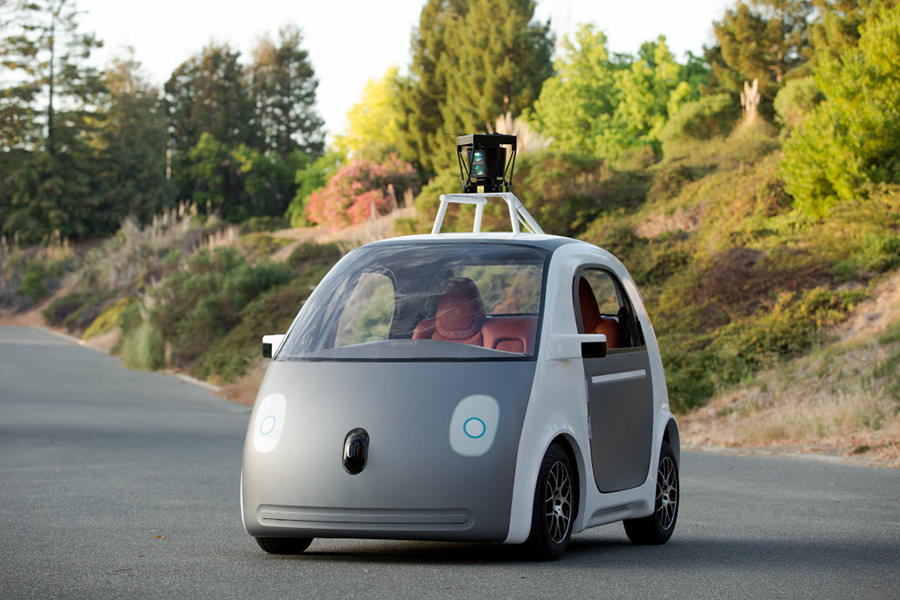America works too hard, says Google co-founder
Larry Page doesn't think you should work so hard.
During a fireside chat with venture capitalist Vinod Khosla at Khosla's annual KV CEO Summit last week, the Google co-founder discussed his vision for a future where average people could get longer vacations or shorter work weeks.
"If you really think about the things that you need to make yourself happy," Mr. Page said in the talk, "it's like housing, security, opportunity for your kids. Anthropologists have identified these things. It's not that hard for us to provide those things. The amount of resources we need to do that, the amount of work that actually needs to go into that, it's pretty small. I'm guessing less than 1 percent."
Throughout the talk, Page and fellow co-founder Sergey Brin touched on such topics as self-driving cars, the healthcare industry, and even artificial intelligence – all arenas in which Google is consistently innovating and expanding.
But Page's view on work seems to have touched a nerve.
"The man who made billions at his full-time job running Google thinks you should stop worrying so much about losing your own full-time job to the robots that his company is building," writes Dino Grandoni in The Huffington Post.
The way Page sees it, people simply don't need to work as hard as they do to get by.
"The idea that everyone needs to work frantically to meet people’s needs is just not true,” he said. "You just reduce work time."
But he qualified this statement by noting that people do in fact like working. People need to feel needed, he said.
"A lot of people aren't happy if they don't have things to do. So we need to give people things to do," he said. "You need to feel like you're needed and wanted and have something productive to do. But I think the mix with that and the industries we actually need – there's not a good correspondence."
Page gave an example of a discussion he had with Richard Branson, the founder of Virgin Group. According to Page, Branson is trying to ameliorate the lack of labor opportunities in the United Kingdom by convincing employers to hire two part-time workers as opposed to one full-time worker "so at least the young people can have a half-time job rather than no job," Page said. Though he admitted that this system is "of slightly greater cost for employers."
He added, "Most people like working, but they'd also like more time with their family or to do their own interests."
Writing in Forbes, Tim Worstall says that this shift in the labor force has already been happening over the years. With the rise of domestic technology such as the vacuum cleaner and the gas oven, the amount of time people spend doing unpaid labor has vastly diminished, Mr. Worstall notes. Consequently, people already do spend an increased amount of time on leisure activities, he writes.
Granted, Page was speaking off the cuff without a neat explanation for how his utopian world might function. He did not, for example, specify whether people would be paid the same amount for working less or if he would have people take home less wages just so more people could work.
Still, Page's statements reflect real worries at play in the kinds of work available to people and how that type of work will continue to change.
For example, a 2013 report from MIT Technology Review predicts 45 percent of America's jobs will be automated within the next 20 years. And while the US economy grew by 288,000 jobs in June, the number of part-time workers who say they want full-time jobs has also increased.
Page may not have intended to trigger a debate over his views on labor. But given his position as one of the wealthiest people in the world, according to Forbes, he opens himself to understandable criticism when commenting on how people should earn their living.









